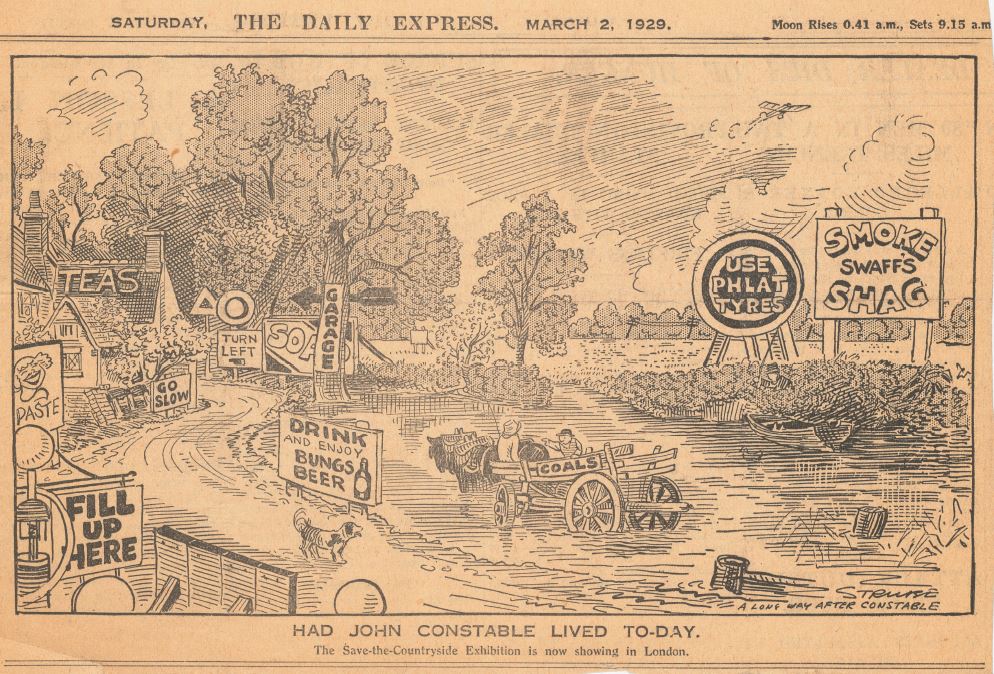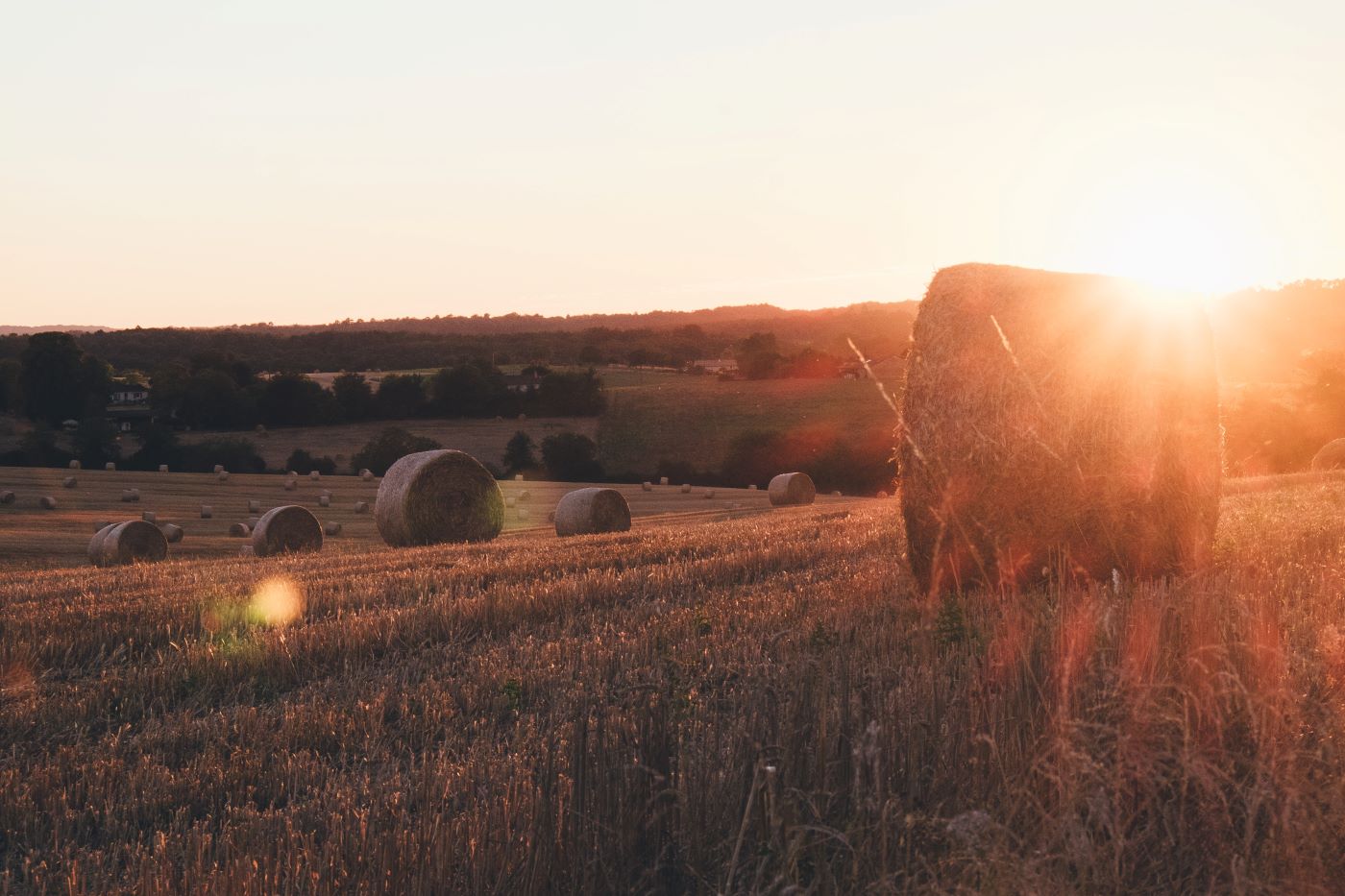To mark International Women's Day, we’re celebrating the achievements of historic women campaigners who shaped the way we think about the countryside and wider environment. In this first instalment, we focus on two women who were there at the very start of CPRE’s 92-year history.
Women countryside campaigners: the 1920s
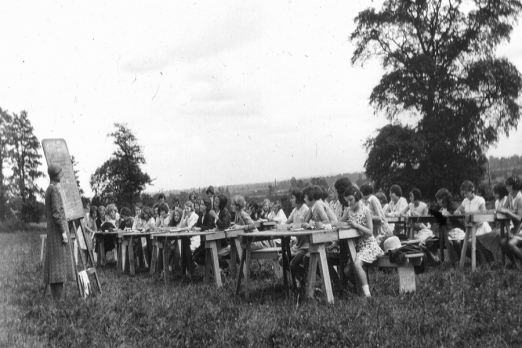 Molly Trevelyan was a lifelong advocate of education on rural matters
© CPRE/MERL
Molly Trevelyan was a lifelong advocate of education on rural matters
© CPRE/MERL
Molly Trevelyan
As a leading committee member of the National Federation of Women’s Institutes, Molly Trevelyan was the WI’s representative when a small group of organisations with an interest in the countryside created a ‘Council for the Preservation of Rural England’ in 1926. With her expertise on food, farming and rural life, she became an integral part of CPRE’s founding committee, playing a leading role in devising our early aims and objectives.
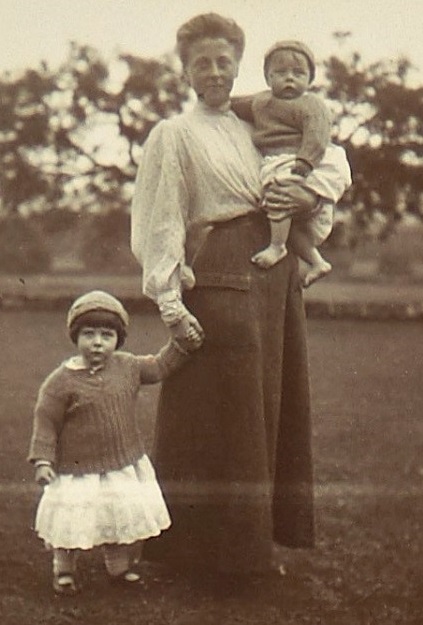
Molly pictured with her children Pauline and George in 1907 © Charles Philips Trevelyan Collection, Newcastle University (ref. CPT/PA/4)
Molly also managed our communications until 1934, arguing that ‘to be effective, the preservation movement must interest a far greater circle of people’. Her achievements in that field included securing a number of BBC radio appeals, and extensive national press coverage – including a letter to The Times in support of CPRE’s aims signed by party leaders Baldwin, MacDonald and Lloyd George during the 1929 General Election (below).
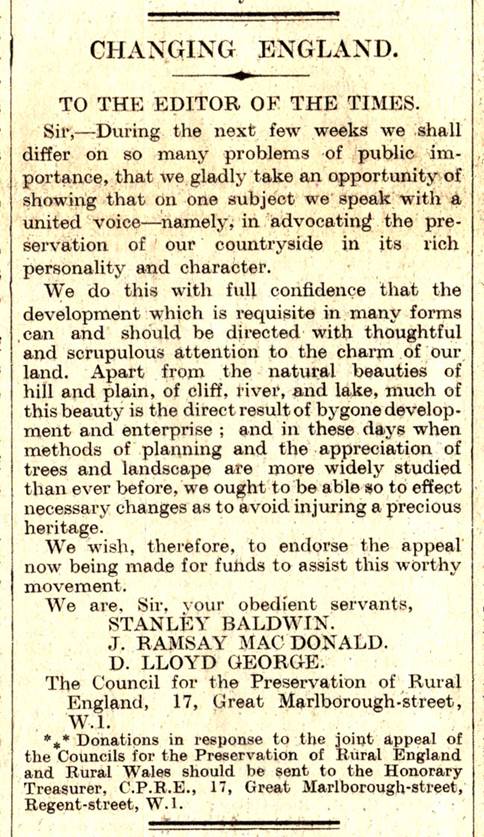
Responsible for recruiting CPRE’s network of public speakers, Molly enlisted the architect Clough Williams-Ellis to the cause, and commissioned his classic 1928 book, England and the Octopus, which she made sure was sent to 600 schools. Her commitment to education lead to the creation of special CPRE posters and pamphlets for schools, Scouts and Guides. Indeed, she remained a lifelong campaigner for schools to incorporate rural matters into the curriculum, so that all children would grow up with a sense of responsibility for the countryside.
Being equally keen to influence adult public opinion, Molly devised the Save the Countryside ‘travelling exhibition’, which contrasted examples of ‘bad development’ with positive solutions. Westminster Hall was one of over a hundred venues visited by the exhibition between 1928 and 1930, where it was praised by MPs for highlighting the ‘lack of forethought in the development of the countryside’.
A classic Strube cartoon commissioned by Molly to promote CPRE's Save the Countryside exhibition
Molly was awarded an MBE in 1963 in recognition of her voluntary work for the community and countryside. The following year, she joined Cecil Sharp and Vaughan-Williams as a recipient of the highest honour of the English Folk Dance and Song Society, with a Gold Badge for her unique contributions to folk dance.
Violet Christy
One of Molly Trevelyan’s team of speakers was the Essex conservationist Violet Christy. In fact, Violet gave the very first speech championing CPRE in April 1927, to the Pioneer Club – an institution founded by the suffragist Emily Masingberd to engage women in progressive politics and social campaigning. Violet went on to give dozens of illustrated talks around the country on the work of CPRE before becoming a lecturer at a Dutch school run by Krishnamurti, a famous Indian religious philosopher of the time.
Returning to England, Violet championed Essex’s landscapes and wildlife history with the Essex Field Club, and founded the Ingatestone and Fryerning Historical and Archaeological Society. A renowned Essex Cub Scout leader, the local scout headquarters was renamed Christy Hall after her death in 1969 and is still used today for community events.
Other than she was a childhood friend of the crime-writer Dorothy L Sayers, little else is known about Violet - we have never even seen a photo of her. We would love to hear from anyone who can shed more light on the life of this clearly remarkable woman!
Read more
In our second instalment, we focus on two pioneers who were part of CPRE’s early network of branches: the '30s and beyond
More featured articles
-
We're making some changes2019-08-01Calling all graduates...2019-06-24Women countryside campaigners: the 1920s2019-01-31The landscapes they left behind2018-11-09A deposit return system for England2018-03-28Emma Bridgewater on CPRE's big ideas2017-07-24My England: the photographer’s vision2017-04-19Leicestershire: A Heritage at Risk2017-01-05And that’s a wrap!2016-12-23What next for rural England?2016-12-16Finding inspiration in the Green Belt2016-12-16Protecting our literary landscapes2016-12-07Celebrating 90 years of CPRE2016-12-07Web survey book winners announced2016-10-28Why we should buy locally produced food2016-09-27
